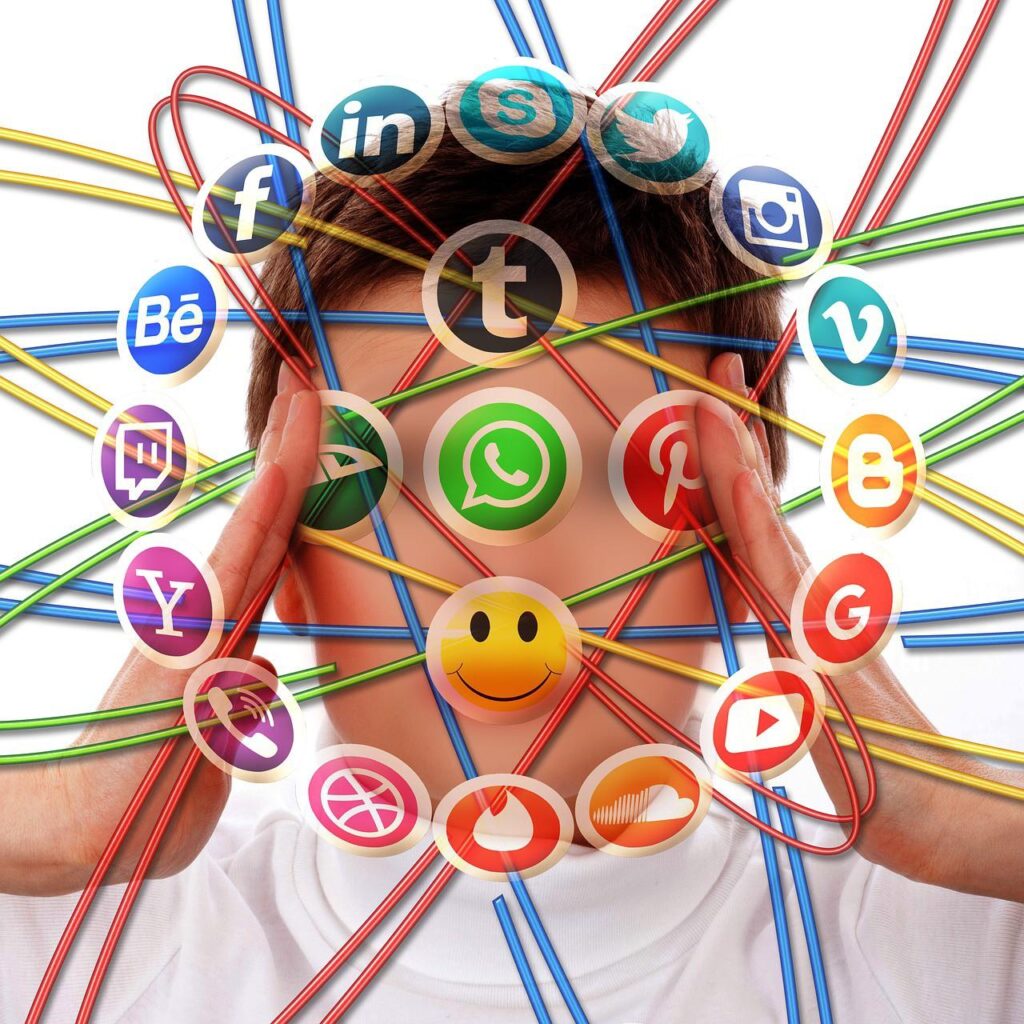Multitasking is the performance of multiple tasks at the same time or shifting from one job to another almost intermittently. Multitasking can be seen as beneficial, especially in business, but multitasking can lead to lower productivity.
People who are constantly attacked by many streams of electronic information lose control of their memory or switch from one activity to another as well as those who choose to complete one task at a time.
The side effects of multitasking do not allow you to retrieve from the overloaded stimulus that strikes you on a daily basis. Generally, most of our people around the world will not have the mental capacity to deal with many problems at once.
While there are exceptions to this rule out, most of us would be better off doing one job at a time to stay healthy over time. Doing too many things increases the likelihood of making mistakes, especially when jobs require abstract thought.
It is not wrong to do multiple tasks during the ironing process but remember that when doing important tasks you should minimize all interruptions. This way, you finish your work quickly and flawlessly and you can move on to your next job.
Doing more than one job can be a blessing in disguise. Thinking of doing many tasks as simply doing two difficult things at the same time does not tell the whole story.
We know that doing a lot of work takes away our focus. Recognize the negative effects of trying to achieve more at once, and complete one task at a time so that you can regain control of your tasks.
We all know it’s bad, but most of us are stuck in a mode of trying to do too many things at once. Times are short for everyone. We just have limited and that’s why we do multiple tasks at a time.
| “Multitasking is the ability to screw everything up simultaneously”|
~Jeremy Clarkson
Why Multitasking is the Enemy
Multitasking Breaks your Focus
When you are working on multiple tasks and such as checking your email, writing a report, and talking on the phone, you may lose the focus needed to complete one thing.
Too much distraction breaks your focus, which requires more time to get back to one job, find where you left off, and then try to re-use your thinking pattern.
While some people may learn to focus on too many tasks, others may be distracted because they are often unable to cope with all those tasks at once.
Therefore, whether doing too many things to improve or disrupt your focus depends on the nature of your personality.

Multitasking Inhibited Productivity
Doing too many activities reduces your performance and efficiency because your brain can focus on one thing at a time. If you try to do multiple things at a time, your brain will not be able to perform all these tasks successfully.
Giving your attention to multiple tasks at once, you will never have a working memory left over to come up with ideas and ideas that are truly artistic. You will be assigned your assignments in proportion to the average size, but the creativity may be far from your reach.
Studies show that in addition to delaying work, doing too many activities lowers your IQ. Doing more work at a time can also reduce people’s efficiency. While doing a lot of work can help us to do better over time, this is not true at all over time.
Studies have shown that multitasking actually reduces long-term efficacy because people get frustrated and do not know how to handle all those tasks properly. Due to multitasking, we lose access to other areas such as the frontal lobe transformed by deep thinking and art.
Therefore, in order to produce creativity for their employees, companies should not advise employees to participate in multi-tasking. Everyone should do one job at a time to avoid declining performance over time.
The negative effect of multitasking does not allow your brain to rest between tasks, which is wasting time on refocusing the most important work to be done.

Multitasking creates compromises on the overall quality of work
Performing multiple tasks quickly, so it is clear that work efficiency decreases normally. Increased production usually can lead to a reduction in quality.
It is not only the efficiency of the staff that will suffer from multiple works but also the quality of work. If we focus on just one task, we will be able to build it as well as possible and get better results.
However, if we have to perform many things at once, there is a good chance that we will not be able to spend enough time on each task, so our overall performance can be greatly reduced due to multiple tasks.

Multitasking can Lead to Memory Impairment
Excessive activity can lead to overexertion of your brain. If you are working on an assignment or project and you are constantly interrupted by coworkers, clients, and you have the risk of forgetting the details needed to complete the task.
By getting too much information at once your brain cannot distinguish between what is important and what is not, which in turn affects your memory.
People who perform too many tasks are distracted by non-essential information stored in their temporary memory.
Taking on too many responsibilities can also lead to more mental problems. Many people simply feel helpless and unsure about how to cope with the pressures of everyday life in a healthy way.
Many people in our modern world suffer from depression. To avoid such an attitude, people should take time off from their stressful lives and this includes avoiding taking on too many activities at every opportunity.
Our brain has a limited capacity to process information and if we want to do too much at the same time, our brains will no longer process the material.

Multitasking can lead to Stress
Trying to do too many tasks at once can cause your stress levels to increase. Stress can lead to retrenchment, unemployment, and negligence from the workplace.
Stress associated with multiple tasking at the workplace can reduce productivity and negatively affect the profitability of a company, especially a small business with few employees.
When the office environment is too hasty for employees to perform their duties properly, it can damage morale and result in low profits, costing many companies.
Turning off an unnecessary electronic device and allowing calls to be sent to voicemail helps you feel more in control of your environment and can complete a closer task.
The worst thing in most work is the feeling of stress that afflicts people who constantly divert their attention. Symptoms of disturbed activity range from psychological to physical.
Doing more can be very rewarding. The disadvantage of overworking is that it often means more stress to people.
If you have to solve several problems at once, your brain can no longer handle all those tasks properly and this can lead to extreme stress and panic.
Such a condition has become unhealthy over time and levels of stress are known to cause serious physical and mental problems.
